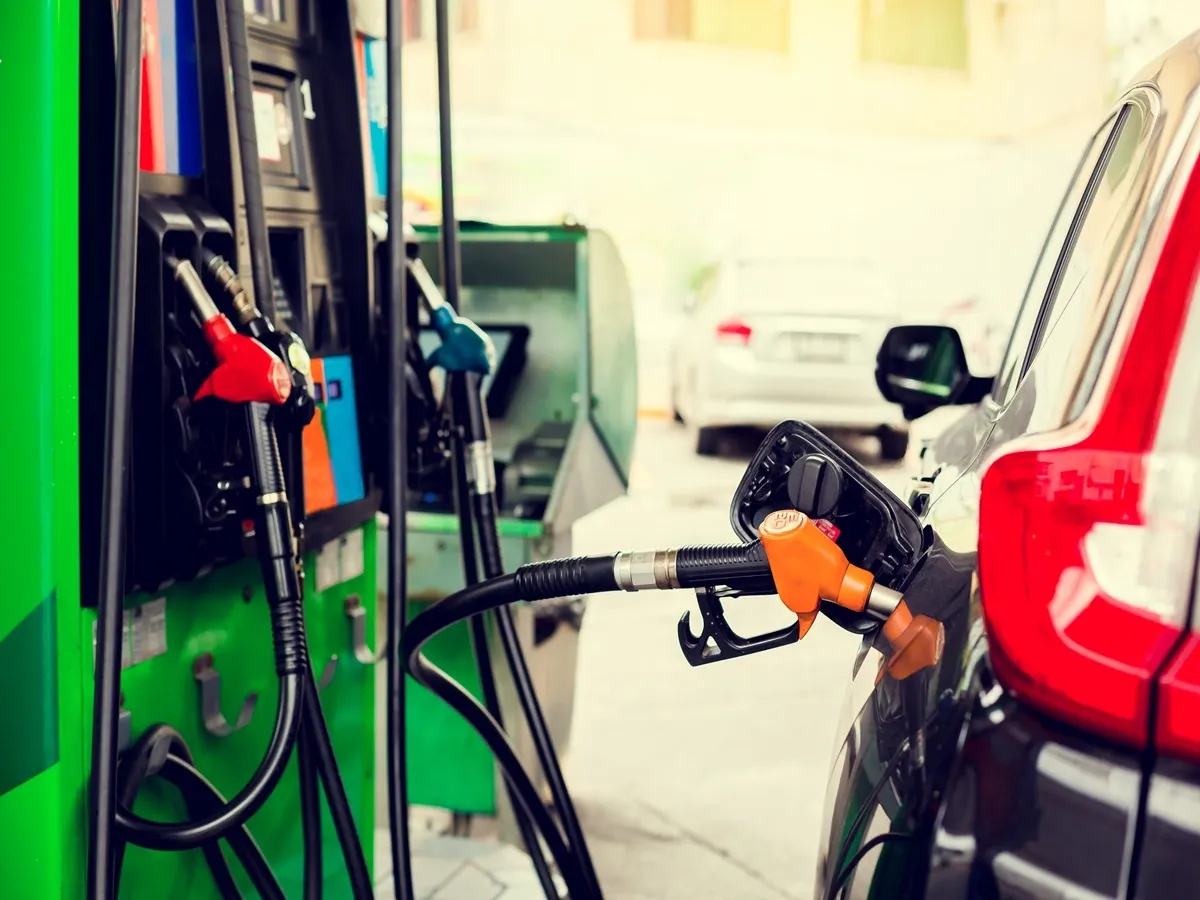Business News
Ethanol blending: Will E20 fuel hurt your car mileage or affect your vehicle insurance? All you need to know

5 min read | Updated on August 13, 2025, 12:20 IST
SUMMARY
The Indian government has defended its 20% ethanol (E20) fuel blending programme amid criticism from car owners over reduced mileage, possible engine wear in older vehicles, and insurance concerns.

The government insists that E20 offers better acceleration, lower emissions, and supports farmers while saving foreign exchange.
The government on Tuesday dismissed mounting criticism of its 20% ethanol blending programme, insisting the fuel is safe, economically beneficial, and critical to meeting climate goals, even as car owners across the country complain of lower mileage and possible damage to older vehicles.
In a detailed statement, the Ministry of Petroleum and Natural Gas said concerns about mileage loss, engine wear and cost had been anticipated as early as 2020 and studied extensively by an inter-ministerial committee of NITI Aayog, the Society of Indian Automobile Manufacturers (SIAM), the Indian Oil Corporation (IOCL) and the Automotive Research Association of India (ARAI).
Govt on benefits of E20 fuel
The ministry said E20 fuel, containing one part ethanol to four parts petrol, delivers “better acceleration, improved ride quality and…lower carbon emissions by approximately 30%” compared to E10, which has a 10% ethanol blend.
It also pointed to ethanol’s higher octane rating, which it said improves performance in modern high-compression engines and reduces harmful emissions.
According to the government, the blending programme has conserved foreign exchange worth more than ₹1.44 lakh crore in foreign exchange since 2014.
“Money which was earlier spent on crude oil imports is now going to our farmers, who have become ‘Urjadaatas’ (energy providers) apart from being ‘Annadatas’ (food providers),” the ministry said.
“At 20% blending, it is expected that payment to the farmers in this year alone will be to the tune of Rs.40,000 crore and forex savings will be around Rs. 43,000 crores,” it added.
Mileage and compatibility concerns
The rollout of E20, now standard in most major cities, has drawn complaints from drivers who say they are seeing steep drops in mileage, in some cases above 10%. They have also complaint about fuel system corrosion and engine knocking, particularly in older vehicles not designed for higher ethanol content.
Ethanol’s calorific value is about 65% that of petrol, meaning it produces less energy per litre. However, the government maintained that efficiency losses are marginal in compatible vehicles.
It estimated a mileage drop of 1–2% for E10 vehicles calibrated for E20 and 3–6% for other vehicles, rejecting “drastic” reduction claims as exaggerated or the result of unrelated factors such as poor maintenance, tyre pressure and driving style.
“Vehicle mileage is influenced by a variety of factors beyond just fuel type. These include driving habits, maintenance practices such as oil changes and air filter cleanliness, tyre pressure and alignment, and even air conditioning load.”
No rollback planned
The ministry said India’s roadmap commits to maintaining E20 until at least October 2026, with any move to higher blends requiring extensive consultation with automakers, oil companies, ethanol producers and research agencies.
"The alternative of going back to E-0 Petrol would involve losing the hard fought gains on pollution and the success achieved in energy transition," it said.
Brazil, it noted, has operated successfully on E27 petrol for years with vehicles made by many of the same global manufacturers supplying India.
"In most parameters including drivability, startability, metal compatibility, plastic compatibility, there are no issues. Only in case of certain older vehicles, some rubber parts and gaskets may require replacement earlier than in case non blended fuel was used,” it said, adding that the replacement is “inexpensive and can be easily managed during routine servicing.”
Price dynamics of ethanol
The government also pushed back against criticism that ethanol blending has not lowered fuel prices for consumers, saying that while ethanol was cheaper than petrol in 2020–21, its procurement cost has since risen. The weighted average cost of ethanol for 2024–25 is currently ₹71.32 per litre, higher than refined petrol.
“Despite the increase in price of ethanol in comparison to petrol, the oil companies have not gone back on the ethanol blending mandate because the programme delivers on energy security, boosts farmers’ incomes and environmental sustainability,” the ministry stated.
Insurance coverage concerns
Digital insurance platform ACKO, replying to a query from X user, recently said the insurance claim for engine failure due to "incorrect fuel usage" would not be admissible. "This falls under gross negligence as per our policy terms."
The post was widely circulated on the internet, prompting the company to post a clarification on August 9.
“From an insurance standpoint, engine damage of any kind, not caused by an accident - whether due to fuel incompatibility, maintenance lapses or wear & tear - is not covered by a standard insurance policy. This exclusion is well-established and clearly stated in policy language,” ACKO wrote.
“That said, we are actively evaluating the technical impact E20 fuel may have on engines and will consider relevant coverage enhancements if deemed necessary.”
Calling ethanol blending a "national programme, the government alleged that some "seek to derail it by fomenting fear and confusion in the minds of car owners by selectively picking information and creating a false narrative that insurance companies will not cover car damage due to use of E20 fuels."
"This fear mongering is totally baseless and has been clarified by an insurance company whose tweet screenshot was deliberately misinterpreted to create fear and confusion. Usage of E20 fuel has no impact of the validity of insurance of vehicles in India."
By signing up you agree to Upstox’s Terms & Conditions
About The Author
Next Story

